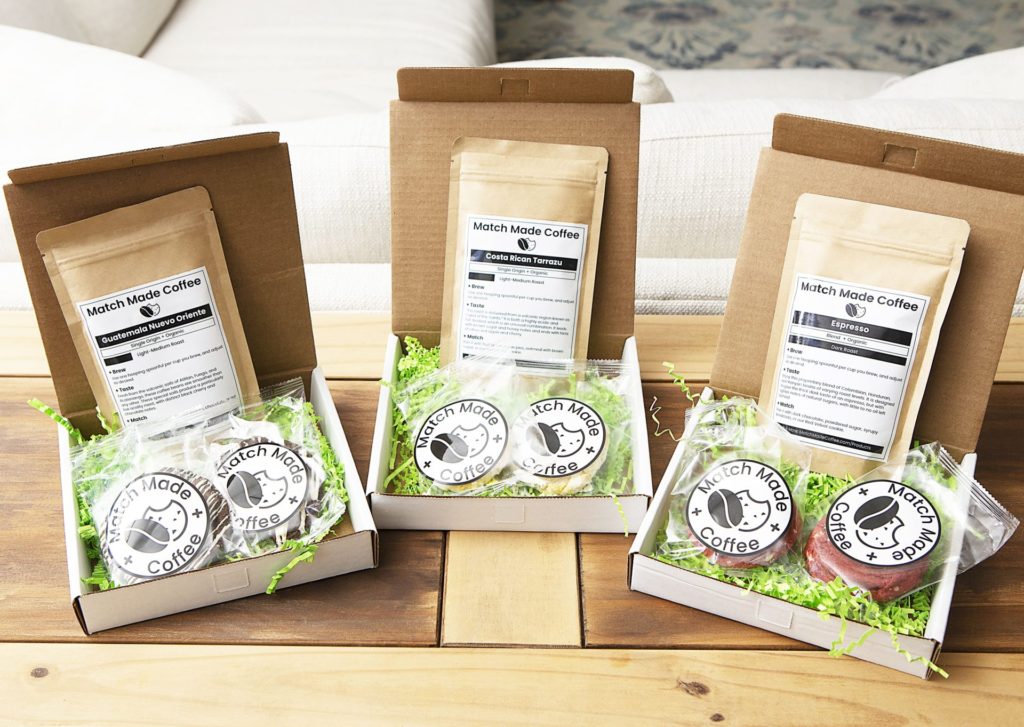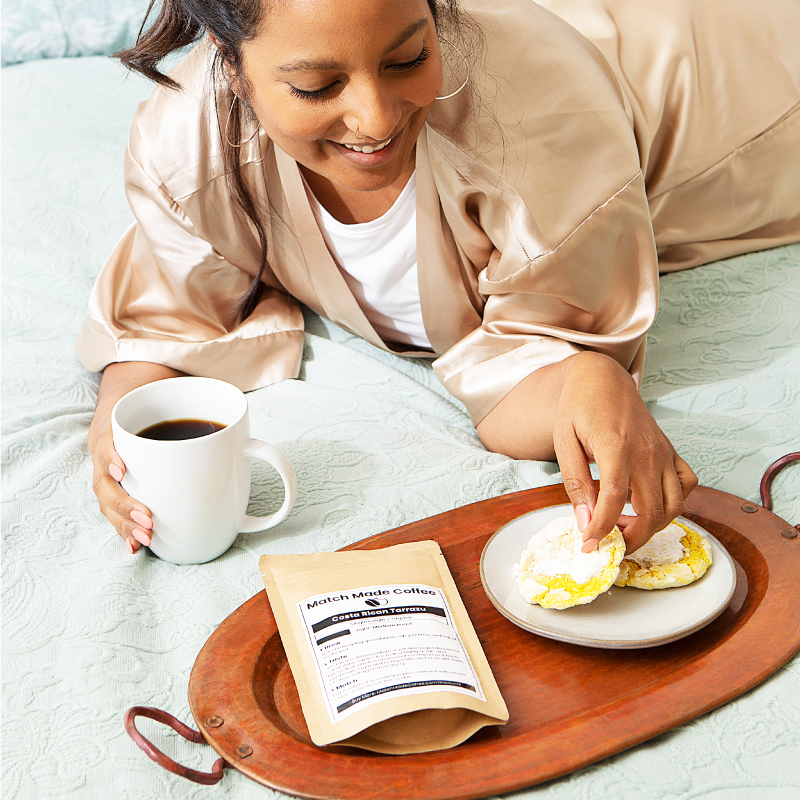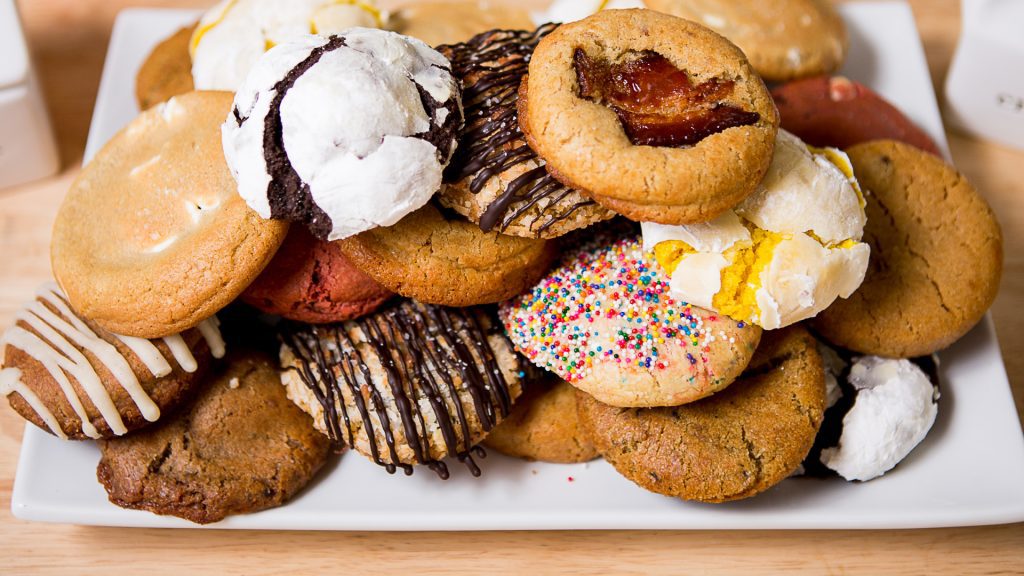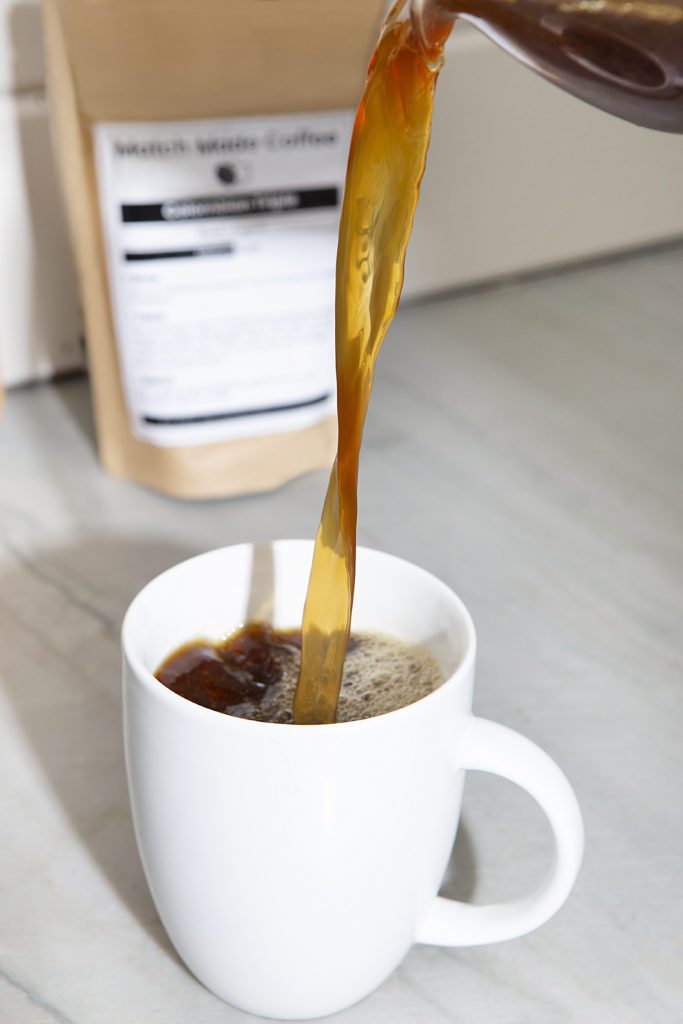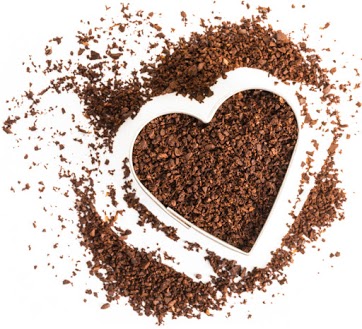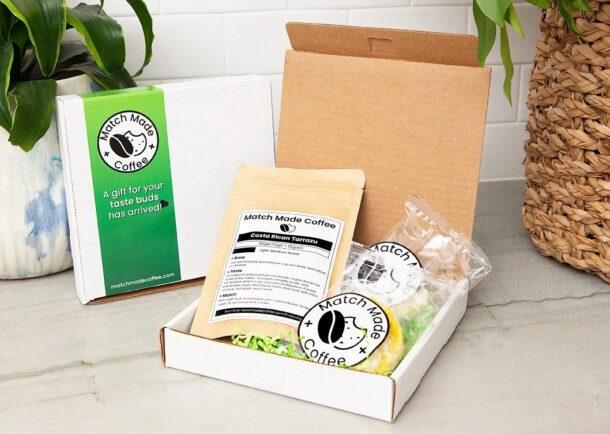
We’ve all seen the “fair trade coffee” certification on coffees, and even have a rough idea of what they are. But, other than roughly knowing it is better for the coffee farmers, what do we really know?
What does it take to get that certification?
To fully understand the fair trade certification, you need to know a little bit about how coffee was traditionally purchased. Coffee farmers are generally poor and do not have real access to much. This resulted in coffee farmers needing middlemen to sell the farmers’ coffee beans on their behalf.
Coffee prices are notoriously volatile. The weather in Brazil is the biggest determinant of what will make coffee prices go up or down, and that is not something anyone can control.

Because of these wildly varying prices, the middlemen could swoop in and tell farmers they needed to sell their coffee beans for far less than they were worth. The farmers had to accept. They were not savvy about world markets, and did not originally have access to the buyers and importers of coffee.
Oftentimes the middlemen would force the farmers to sell their coffee for less money than it cost the farmers to grow that coffee. The coffee farmers did not have access to traditional means of credit either, so this forced them into perpetual poverty. It also directly led to many children needing to join their parents working to be able to afford food to eat.
The fair trade certification hoped to change this in a few ways.
Fair Trade Coffee comes with a floor price.
This means that there is a minimum amount that can be paid for a certain weight of coffee beans. We won’t get into the complexities of how this is calculated, and depends on how it’s processed, but the minimum price for coffee is intended to keep the farmers from receiving less than the costs they endured to grow the coffee beans.
On top of the floor price, an additional 15 cents is added if the roaster or buyer plans on using the Fair Trade Coffee label in any way.

(an example here. NY shows the New York prices, as that’s typically what coffee is traded for. FT would stand for fair trade, meaning the farmers get a fair price at that level. Premium is an example of specialty coffees or higher priced coffees naturally exceeding this level)
The Roaster/Buyer must provide credit to the coffee farmers.
The credit does not necessarily have to come from the roaster or buyer themselves, but the roaster or buyer must provide the farmer access to such means, and at regular international interest rates.
The credit is to be provided before the harvest, and cancelled upon shipment of the coffee.
Roasters/Buyers must provide long term contracts to the coffee farmers.
These contracts are typically of 1 to 10 years in length, and the longevity and relationship is intended to help fuel sustainable long term growth through reliability. Also, since the roasters and buyers are skipping the middlemen and going directly to the farmers, this gives the farmers the knowledge that it’s not a one-time purchase, and can plan their future harvests and tool purchases accordingly.
Those requirements are just what the importers and roasters owe to the farmers if they want the certification. To insure that they keep their Fair Trade Certification, the roasters and buyers have further requirements to meet.
According to FairTradeUSA.org their requirements for roasters include:
- Sign a Fair Trade USA certification and licensing agreement.
- Purchase Fair Trade Certified coffee from a Fair Trade registered importer or trader.
- Submit all packaging, sales and marketing materials carrying the Fair Trade Certified logo to Fair Trade USA for approval.
- Submit quarterly reports on Fair Trade Certified coffee purchases and sales.
- Undergo, and comply with, regular desk audits and on-site audits.
- Pay Fair Trade USA a fee per pound of coffee purchased.
And the requirements for importers are:
- Sign a Fair Trade USA certification and licensing agreement and application.
- Pay Fair Trade USA an annual importer fee of $500.
- Purchase Fair Trade Certified coffee from Fair Trade cooperatives, producer groups or exporters certified by FLO-Cert. Sell Fair Trade Certified coffee to other Fair Trade registered traders and operators.
- Pay at least the Fair Trade minimum price and the designated Fair Trade premium and organic premiums, if applicable, to the certified cooperative–see the Pricing Database.
- Submit quarterly reports to Fair Trade USA on Fair Trade Certified purchases and sales.
- Undergo, and comply with, regular desk audits and on-site audits.
Knowing this, are you guys more or less likely to want Fair Trade Certified coffee? Match Made Coffee pursues fairly traded coffee but not necessarily with the certification- should we pursue only certified coffees? Let us know.

